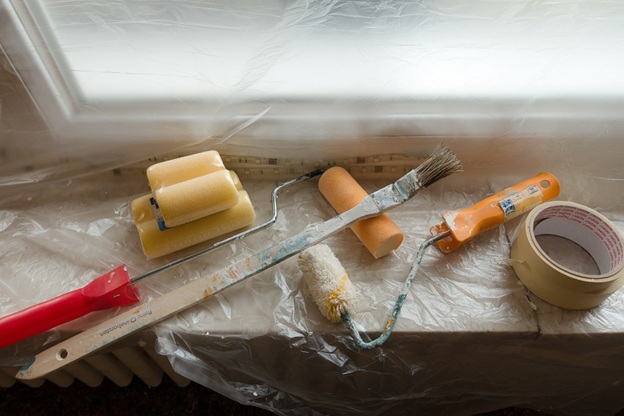For seniors looking for a new venture, house flipping offers a compelling blend of creativity…

If you’re thinking about buying a house or any other major expense that you’re planning to finance, you’ll want your credit in good standing when the bank pulls your credit report. Keeping an eye on your credit score should be second nature for you by now and you should care as much about your credit (or more!) as your banker does.
The difference between a great credit score and a good one is tens of thousands of dollars over the life of a mortgage.
If you’re thinking about buying a home in the next year, pull your credit report and check your credit score. It’s the first thing your lender will do, so it’s best to head off any major credit events before you ask for a loan.
Why It Matters
Buying a home will likely be the biggest financial decision you will make in your lifetime. Lenders use your credit score and credit report to evaluate your worthiness in paying back the money they lend you. Your credit report gives them a glimpse into how you handle your financial affairs.
If you pay your bills on time and keep your outstanding credit to a manageable limit, your lender can consider you for a home mortgage. If your credit report shows that you are a good credit risk, the bank can offer you a lower interest rate, possibly saving you thousands of dollars over the life of your loan.
As an example, a $160,000 mortgage with a 3.50% interest rate will cost you $718.47 per month. If the interest rate is 4.50%, your monthly house payment is $810.70 per month. At about $100 per month difference, you might not think that’s much, but if you add up that difference for the life of a 30-year mortgage, that’s $30,000! That’s a huge amount of your money!
Improve Your Credit Score
Improving and repairing your credit can take some time, so now’s the time to check out your credit report and start working on it. You can obtain a free copy of your credit report from Annual Credit Report.com. Look over all the items shown and confirm that they’re correct. If you find errors, call the creditor at once and find out the procedure to correct the error. If you are past due on any bills, contact the lender at once to bring the balance current or pay it in full, if you can.
There is no instant or painless way to repair damaged credit. This is the start of improving your ability to own the home that you want, so take it seriously.
Be prepared to work with creditors. Keep meticulous notes of phone conversations, names, and balances. Insist on copies of corrections and ask for updated statements.
The Bottom Line
In Eugene, there are many buyers competing for fewer homes. Positioning yourself as a buyer with approved funding can make the difference between owning the home of your dreams or getting outbid and starting your home search all over again.
Clean up your credit, get pre-approved for a loan with a great interest rate, and then go find your new home!


